Atlas Logistique
We believe in the equitable delivery of aid to all vulnerable populations, and we work towards this every day by providing common logistics solutions for other humanitarian actors.

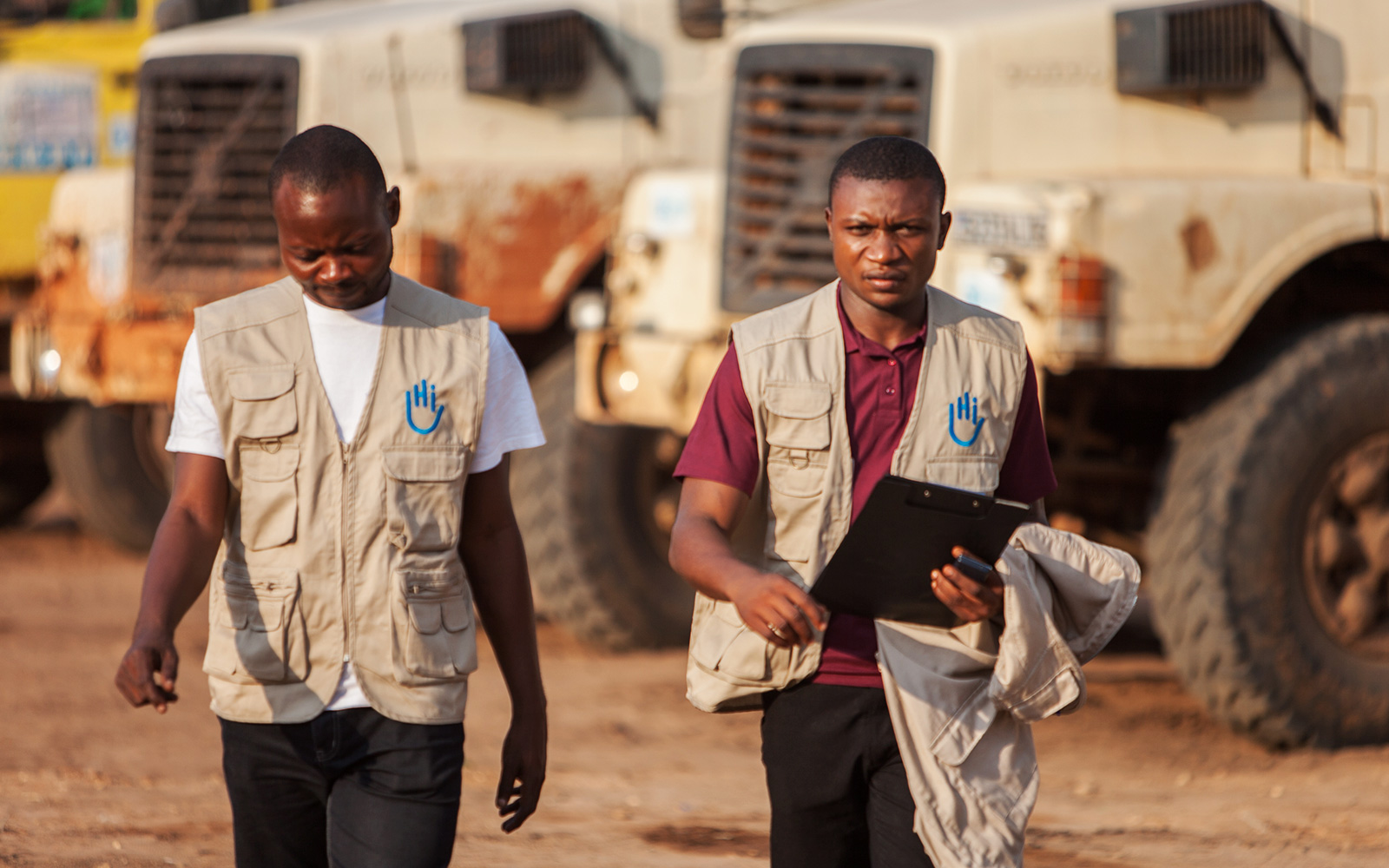


Ensuring that aid reaches the most vulnerable populations as quickly, effectively, responsibly and efficiently as possible
Atlas Logistique is HI's technical and operational unit and is specialised in opening up humanitarian access and delivering humanitarian supplies.
Since 1991, Atlas "helpsons those who help", by intervening in contexts where the challenges of physical and security access, as well as significant volumes of aid, require the implementation of adapted logistical solutions.
Logistical constraints and poor infrastructure can hamper access to humanitarian aid for already vulnerable and isolated populations. These constraints exacerbate security management issues and reduce the effectiveness of humanitarian responses, or even make them impossible. Atlas Logistique takes an innovative and proactive approach to humanitarian logistics, seeing it as a vector for humanitarian impact rather than a support function for operations.
Based on contextual analyses, our 'programmatic' logistics, as this is called, aims to make the humanitarian aid system more efficient, more inclusive of isolated populations and more respectful of the environment. Our approach helps to meet the challenges of localising humanitarian aid while, at the same time, helping market actors to emerge as drivers of resilience and job creation and levers for the development of the local economic fabric.
As a humanitarian player, we adhere to humanitarian principles and support solidarity and coordination between local and international humanitarian players.
"In the difficult context of the Central African Republic, where it is complicated to organise even the smallest activity quickly, it is important to have players like Atlas Logistique who focus on pooled transport and storage activities, enabling other NGOs to concentrate on their core business and be able to assist vulnerable people as quickly as possible".
Grégoire Rivière, Rapid Response Manager, ACTED (Bambari - Central African Republic)
Common logistics solutions for humanitarian actors
Atlas Logistique's permanent team is made up of around twenty technical experts and rapid response specialists available for deployment within 48 hours of an emergency to assess logistical requirements and implement projects.
We provide immediate emergency assistance during acute crises and support the stabilisation, reconstruction and emergency preparedness phases during chronic crises.
Our pooled logistics approach to storage and transport services promotes the efficient use of available resources. We work with local structures (NGOs, authorities and the private sector) using an H2H (Humanitarian to Humanitarian) approach to implement the most appropriate logistics solutions. As part of our approach to localising aid, we support the capacity-building of local and international actors, the local private sector and local authorities, before and during an intervention, to enable them to better address urgent needs, promote skills development and consolidate their economic activity.
Our expertise
Our operations are based on four pillars of intervention: shared transport and storage platforms, civil access management, logistics analysis and capacity building.
These areas of expertise can be implemented independently on a standalone basis or together, depending on the context and the needs identified. Since the COVID19 crisis, we have extended our expertise to the cold chain and, more generally, to medical logistics activities.
We adapt our intervention methods to integrate them into a "nexus" of aid. We implement exit strategies that help to structure and strengthen local supply chains and enable market actors to meet the needs of humanitarian aid operators and the communities concerned.
Lastly, we are stimulating the design of pilot projects and research using artificial intelligence in order to improve our responses to humanitarian needs and climate challenges. We prioritise the inclusion of the most vulnerable populations and adopt a gender-sensitive approach.
Common transportation and storage platforms
We mobilise local economic players to provide transport (road, air, sea and/or river), storage and kitting solutions tailored to the logistical, operational and security challenges. Our activities optimise aid resources in crisis and over-crisis situations, improve access to isolated communities, guarantee the quality and traceability of transport, limit the effects of inflation and promote coordination between those involved in the response, the private sector and the public authorities.
We set up logistics systems that combine different forms of transport and storage with different types of capacity (humanitarian watch, pre-positioning, deployment of emergency teams, security diagnostics, logistical vulnerability, access, etc.). The aim of these systems is to manage the aid supply chain proactively, by anticipating the delivery needs of stakeholders and facilitating their assessments of humanitarian needs.
Since the COVID19 crisis, we have extended our expertise to the cold chain and, more generally, to medical logistics activities. With a view to opening up humanitarian access and improving access to healthcare for isolated populations - and in particular access to diagnosis (screening tests, laboratory reagents), treatment (medicines and medical devices) and prevention (vaccines) - we are setting up high-quality temperature-controlled/cold-chain storage facilities, with daily real-time temperature and humidity monitoring and in compliance with WHO storage and distribution standards and good practice.
Civil engineering for humanitarian access
From clearing to rehabilitating roads, bridges and runways, we carry out civil engineering work to meet the physical access constraints that can affect the delivery of aid.
The aim of our civil engineering activities is to open up isolated areas and facilitate the mobility of local and humanitarian actors to enable access to communities affected by humanitarian crises. Our intervention approach (Labour Intensive Public Works (LIPW), semi-mechanised and participation by experts) and the size of our operational teams are based on identified needs, the context and existing resources. By monitoring logistical vulnerabilities, our teams re-establish and consolidate transport routes to the most isolated and vulnerable communities. Our intervention models aim to re-establish physical access in emergency response contexts, improve access to services and ensure the sustainability of infrastructure in the reconstruction phase.
Our integrated approach ensures collaboration with the private sector (exemplary partnership with ARUP) and the local communities and stakeholders, which is at the heart of our action, and benefits the entire humanitarian system.
Logistics analysis
Analysis of logistical vulnerabilities is a cornerstone of our programmatic logistics approach. We help humanitarian actors to understand the most vulnerable populations in terms of their logistical environment. In this way, we support the prioritisation and planning of humanitarian resources to make aid strategies and operations more relevant, efficient and inclusive of the hardest-to-reach populations.
Capacity building
Our capacity-building activities for market players contribute to the professionalisation of the private transport sector and its economic development. They also increase the capacity of the private sector to respond autonomously to the needs of humanitarian actors and their communities, and to better manage the security risks of the logistics environment.
Moreover, capacity building is part of an approach to localise aid by supporting the organisational strengthening of local entities.
We believe that logistics should be seen not just as a support service for operations, but as a key element in humanitarian response strategies. Focus on what you do best!
Watch our short video to learn more!
Our deployment strategy and our projects
DEPLOYMENT STRATEGY
To improve our emergency preparedness and response capabilities we are working to improve the speed, effectiveness, relevance and efficiency of Atlas’s interventions in sudden-onset crises. Our areas of intervention are needs assessment, the launching of activities and operational monitoring.
Since 2016, we have been an Operational Support Partner in the UNDAC (United Nations Disaster Assessment and Coordination) system - a partnership formalised in 2017. Since then, we have participated in nine emergency deployments. During deployments, our teams are mainly involved in the coordination of emergency operations, emergency logistical support and civil engineering for humanitarian access. We are also involved in OCHA's Assessment and Analysis component. Through this mechanism, our teams pursue Atlas Logistique’s H2H mandate by providing logistical support to coordinate and facilitate the rapid deployment of emergency and relief teams (USAR).
OUR PROJECTS
We maintain an emergency response capability in the 14 countries where we currently operate: Occupied Palestinian Territories, Mozambique, Ukraine, Chad, Central African Republic (CAR), Democratic Republic of Congo (DRC), Madagascar, Bangladesh, Afghanistan, Haiti, Burkina Faso, Mali, Togo and Benin.
As part of our 2023-2025 strategy, and on the basis of potential assessments, we may consider extending our geographical reach to new countries such as Sudan, Lebanon, Nepal, Niger, Venezuela, Colombia, Cuba, Honduras and Guatemala.
The depiction and use of boundaries, geographic names and related data shown on this map are not warranted to be error free nor do they necessarily imply official endorsement or acceptance by HI.
ZOOM
DRC: Bridging the gap between population and healthcare
Bordering South Sudan and Uganda, the Ituri province of DRC is a tropical zone where access to healthcare remains challenging both for refugees fleeing the fighting in Sudan and the local population. Atlas Logistique used its expertise to create road access to this high-risk area to connect health centres and facilitate the delivery of humanitarian aid.
ZOOM
MERLUH PROJECT: Cabotage, an in-novative solution in Haiti
The MERLUH (Mer Logistique et Urgence Haiti) project provides a free service and regular mari-time transport by cabotage along the Haitian coasts, for the benefit of all humanitarian organi-sations.
ZOOM
Hurricane Matthew: logistics at the service of a humanitarian response involving NGOs and local populations
Through its rubble clearance, transport and shared storage activities, Atlas Logistique centralizes and delivers humanitarian aid to the most vulnerable and acts as a link between the numerous actors
ZOOM
Idai Emergency: Atlas Logistique’s Analysis and Response
When Tropical Cyclone Idai hit Mozambique in March 2019, Atlas Logistique deployed its flying team to launch access analysis and restoration activities in the affected areas.
Focus on SIGNAL project
Atlas Logistique’s innovative approach to humanitarian logistics
Signal is an innovative HI project which aims to identify the degree of logistical vulnerability and recovery capacity of communities in fragile situations. It also helps to ensure that humanitarian aid strategies take account of populations located in areas with the greatest logistical constraints.
Analysis of logistics vulnerabilities
When humanitarian actors develop their aid strategies in the context of acute or chronic crises, one of their main challenges is to identify the areas to prioritise. To meet this challenge, Atlas Logistique proposes a comparative and holistic approach to vulnerability using LVI (Logistics Vulnerability Index) concept. This concept uses logistical and access data to map the vulnerability of populations and their ability to recover.
The status of the project
With the climate crisis and its irreversible effects, the scale and nature of humanitarian emergencies are challenging the way we respond to disasters. In most emergencies, supply chains are disrupted, putting affected communities beyond the reach of humanitarian aid. It is urgent and essential to find solutions to make the logistical aspects of disaster preparedness, anticipation and response more effective.
Deployed in 2021 and supported mainly by BHA/USAID, GFFO and MAEELUX, the Signal has been developed in 9 countries (Togo, Benin, Burkina Faso, Mali, Haiti, Madagascar, Nepal, Mozambique and Niger). Currently, the project is in its phase III of capitalising on experience and it continues to be tested in different humanitarian contexts, including countries exposed to natural hazards and countries affected by complex, long-term conflicts.
Thanks to the results of the project: the Logistics Vulnerability Index (LVI) and the Local Logistics Diagnosis Toolkit, the humanitarian community will benefit from the development of an open-source toolkit to measure the vulnerability of local humanitarian supply chains. This approach is helping to bring about a paradigm shift in humanitarian logistics, as the Signal makes it possible to analyse the risks to the logistics environment.
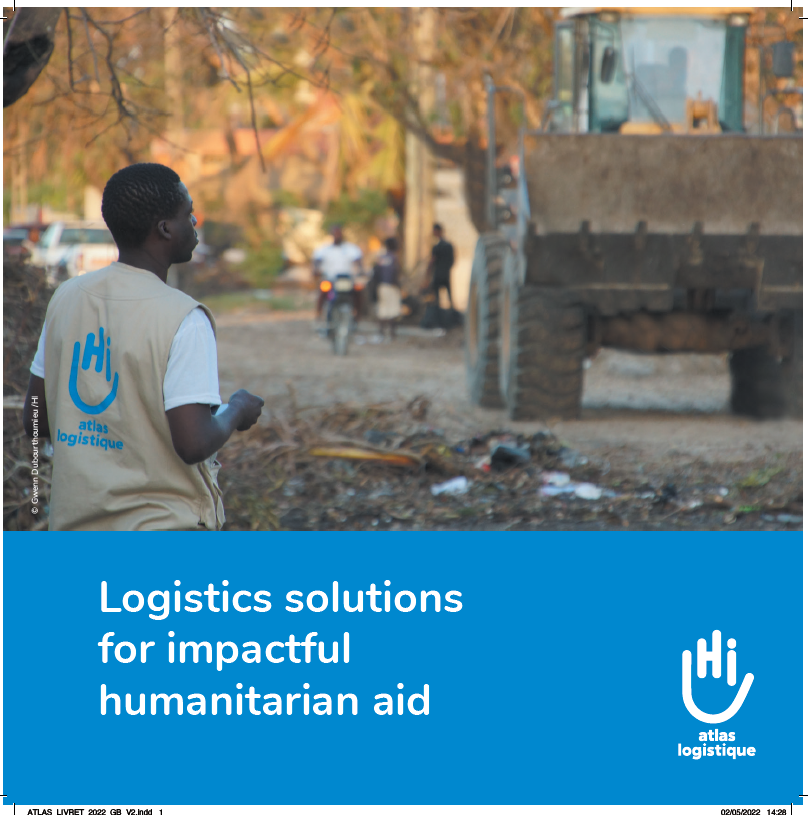



2022 Atlas Logistique's brochure
Logistics solutions for impactful humanitarian aid
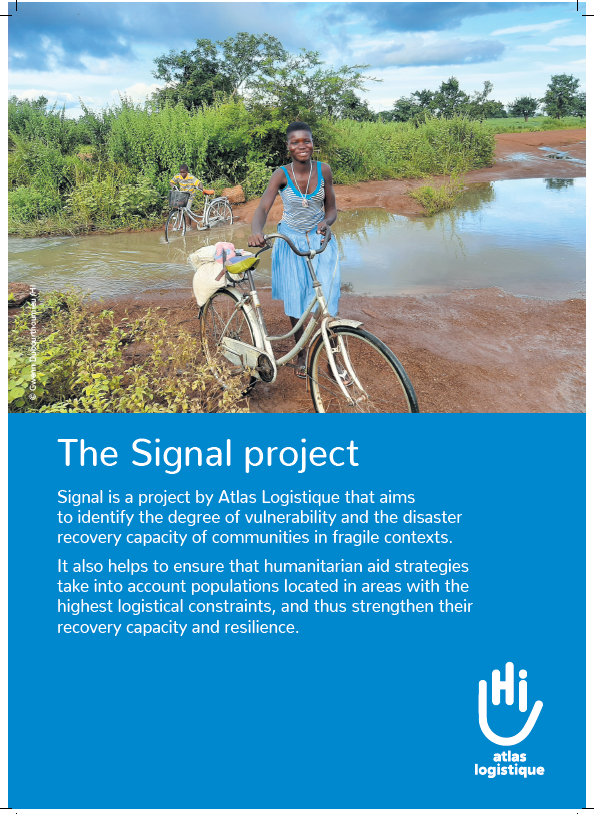



The Signal project
Signal is a project by Atlas Logistique that aims to identify the degree of vulnerability and the disaster recovery capacity of communities in fragile contexts.
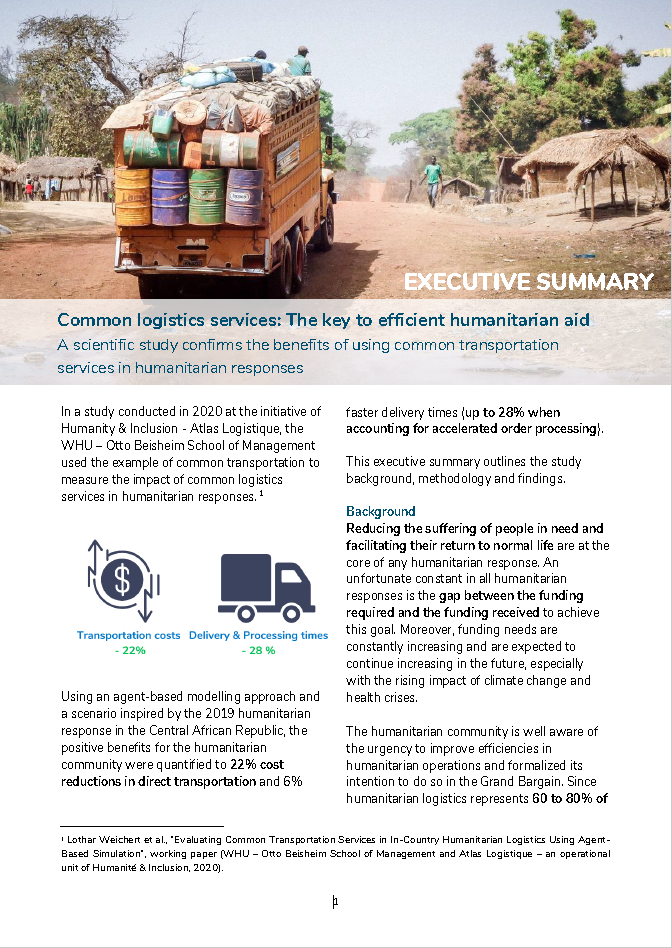



Common logistics services: The key to efficient humanitarian aid
HI - Atlas Logistique (HI-AL) has carried out a study with the WHU business school which shows that transport pooling can save around 22% in direct costs, and up to 28% in routing management time.
According to a satisfaction survey conducted by the Logistics Cluster following our humanitarian response in Democratic Republic of the Congo in 2017
72 HEURES
notre temps de réponse
opérationnelle
92%
of beneficiaries were satisfied with the service coordination
100%
of beneficiaries were satisfied with the services received
Every year, on average, Atlas Logistique coordinates with nearly 60 partners. These include:




ACTED (Agency for Technical Cooperation and Development)
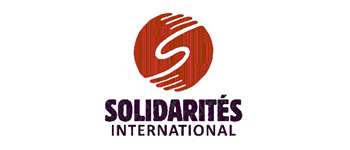



Solidarités International




OXFAM
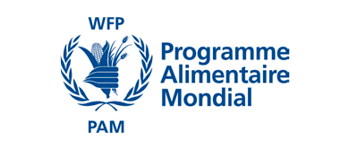



WFP (World Food Programme)
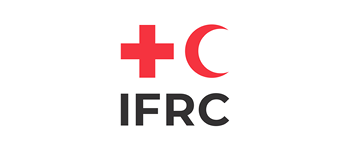



The International Federation of Red Cross and Red Crescent Societies (IFRC)
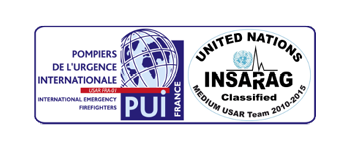



International Emergency Firefighters (IEF)




L'UNICEF
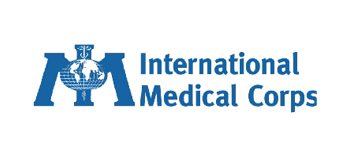



International Medical Corps
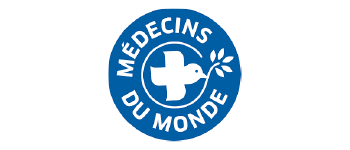



Médecins du monde




CARITAS
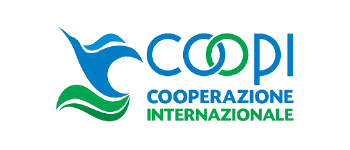



COOPI
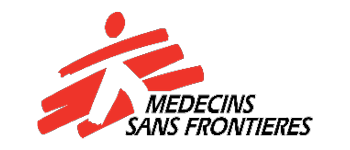



Médecins sans frontières (MSF)
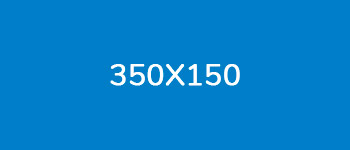



NRC
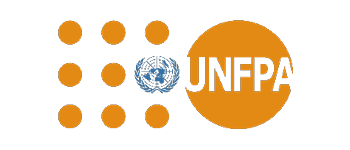



L'UNFPA (United Nations Population Fund)
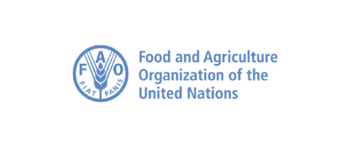



LA FAO (Food and Agriculture Organization of the United Nations)




Worldvision




Medair
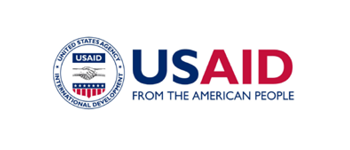



Office of Foreign Disaster Assistance (OFDA)
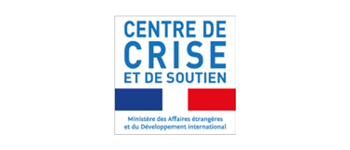



Foreign Affairs’ Crisis and Support Centre (CDCS)
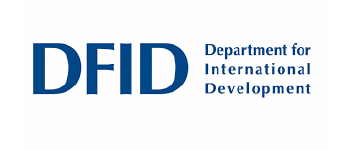



Department for International Development (DFID)
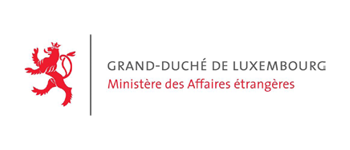



The Luxembourg Government, Ministry of Foreign and European Affairs
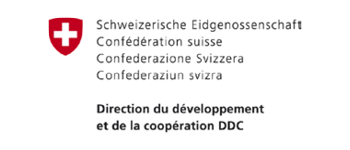



Federal Department of Foreign Affairs (FDFA)
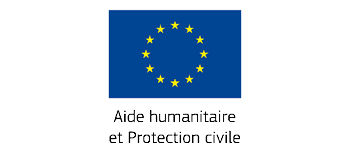



European Civil Protection and Hamnitarian aid Operations (ECHO)
For more information on our expertise Atlas Logistique
E-mail: [email protected]
X (Twitter): @AtlasLogistique
Photos : © B. Blondel / HI - © Philippa Poussereau/HI - © A. Surprenant/Collectif Item/HI - © HI - © R. Crews/HI - © B. Almeras/HI - © B. Blondel/HI






